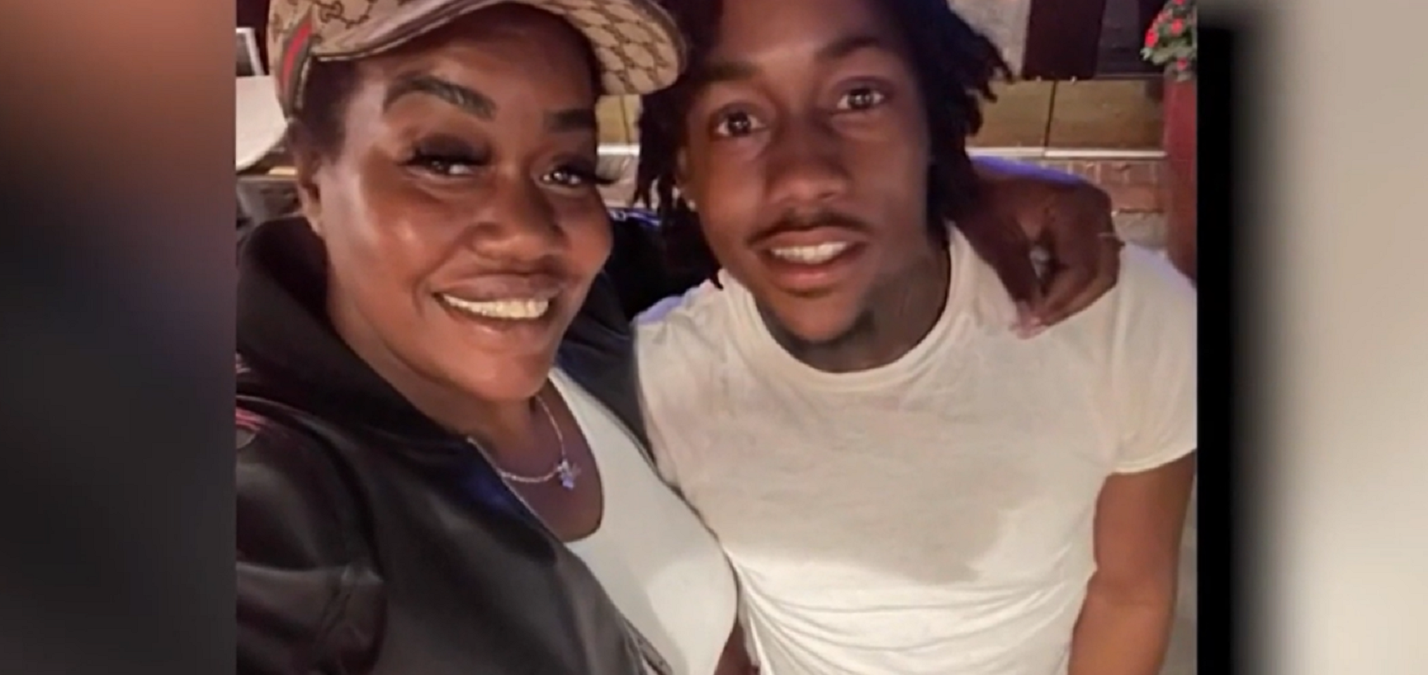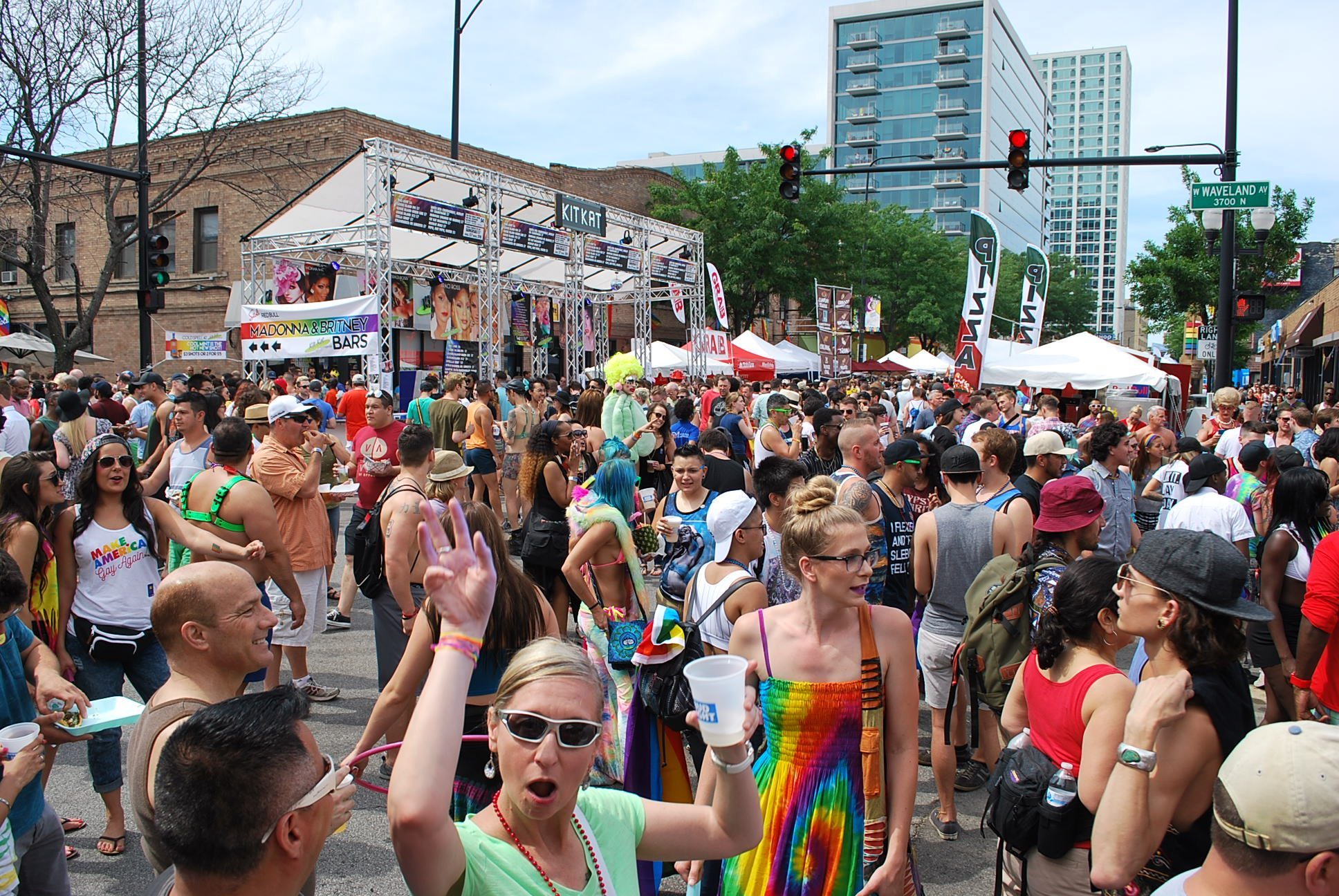After Chicago Mayor Lori Lightfoot publicly called on Illinois Gov. J.B. Pritzker to reconsider new restrictions on the city, announced after it reached the threshold to automatically trigger additional mitigations, Pritzker's office said the state was not inclined to make exceptions to its guidelines.
"Unfortunately, the virus doesn’t make exceptions, and it would be ill-advised to make exceptions to the rules we put in place as the best mitigations to stop the spread," a spokeswoman for the governor said in a statement.
"As the CDC has noted, bars and restaurants are major places of transmission risk. We’ll continue to provide support to businesses that are hard hit through our $630 million in grants," she continued.
Pritzker and state health officials announced the new restrictions Wednesday, which will take effect Friday, shutting down indoor dining and bar service, as well as limiting the total number of people allowed to attend gatherings in the city at 25.
Chicago, which is Region 11 of the state's 11 regions, is now the seventh region which will see increased mitigations under the state's guidelines after surpassing the threshold required.
In an interview Wednesday evening, Lightfoot called on Pritzker to reconsider the restrictions.
“I'm not sure that we're reaching the right people with the restrictions that are going to be imposed by the state and that's my concern,” she said.
Local
Speaking on PBS’ “NewsHour,” Lightfoot said she was “very concerned” about the new regulations, warning they could have a massive impact on businesses in the city that are struggling amid the pandemic.
“If the governor’s order goes into effect, it’s really effectively shutting down a significant portion of our economy at a time when those same businesses are really hanging on by a thread,” she said. “So we’re going to try to continue our engagement with the governor and his team, but it’s not looking good.
“If we can’t convince him that other metrics should apply, then the shutdown unfortunately is going to take effect starting Friday,” she added.
Lightfoot was asked if she disagreed with the Pritzker administration’s decision-making, saying that the governor’s office should look at other metrics to help make determinations on where new restrictions should be implemented.
“I think that we’ve got to look at what our metrics are,” she said. “No question we’re seeing an uptick in cases, and we’re also seeing positivity (rates) going up, but hospitalizations are not at the breaking point like we feared back in the spring, and I think that’s an important metric. We’ve gotta be very surgical in the way we impose these new restrictions.”
Currently, the city of Chicago is seeing a positivity rate of 7.8%, which is under the state’s threshold to impose new restrictions. While hospitalizations have increased in the city on seven of the last 10 days, hospital bed availability in the event of a surge in COVID-19 patients has risen slightly in recent days, now sitting at 25%.
While Pritzker and IDPH Director Dr. Ngozi Ezike have presented research that shows bars and restaurants are one of the primary locations where coronavirus is spreading, Lightfoot warned that the greater challenge is posed by what individuals are doing in their own homes.
“The truth is that where we're seeing the greatest challenges is in people's homes, in social settings that are not public,” she said. “That's harder to regulate to be sure but that's at least in Chicago where we're seeing the challenges. Two-thirds of the people that are testing positive and are talking to our case investigators are telling us that they got it from somebody that they knew and that they got it in a home or other social setting that's not in public.”
Lightfoot says her administration is looking to take “additional steps” to address concerns about gatherings in the homes of residents.



